Abolition of the Furnished Holiday Lettings (FHL) Tax Regime: What It Means for Owners
The Furnished Holiday Lettings (FHL) tax regime in the UK is set to undergo significant changes, with its abolition taking effect from 1 April 2025. These changes will have financial implications for current FHL owners and prospective buyers. From this date, the specific tax advantages that FHL properties currently enjoy will be removed, aligning FHL taxation with the rules for other property businesses.
When Will the FHL Tax Regime End?
Corporation Tax: Starting 1 April 2025, income from FHLs will be subject to Corporation Tax on chargeable gains.
Income Tax & Capital Gains Tax: From 6 April 2025, income and capital gains from FHLs will be taxed under the same rules as other property businesses, both in the UK and overseas.
What Properties Qualify for the Current FHL Tax Regime?
To qualify for the current FHL tax benefits, properties must meet the following criteria:
Availability: The property must be available for letting to the public for at least 210 days per year.
Letting: The property must be let for at least 105 days annually.
Occupation Limits: Continuous lettings exceeding 31 days must not surpass 155 days per year.
Key Changes to the FHL Tax Regime
The income and gains from FHLs will no longer be treated as a separate tax category. Instead, it will be subject to the same tax rules as any other property business. The abolition of the FHL tax regime will eliminate several benefits, including:
Loan Interest Relief: Currently, FHL owners can deduct interest on loans at a higher tax rate. Post-abolition, tax relief on finance costs will be capped at the basic rate (20%), impacting higher-rate taxpayers.
Capital Allowances: The ability to claim capital allowances on new expenditures for FHLs will end. Instead, property owners will only be able to claim tax relief for replacing domestic items under certain conditions.
Capital Gains Tax Reliefs: Existing capital gains tax relief for FHL on the sale of certain business assets will no longer apply.
Pension Relief: Profits from FHLs will no longer count as relevant earnings when calculating maximum pension relief.
How Will These Changes Affect FHL Owners?
The removal of FHL-specific tax advantages will require careful financial planning. Current owners are encouraged to consult a tax advisor to explore restructuring their property businesses before the changes take effect.
To illustrate the potential savings for someone purchasing an FHL before the abolition of the tax scheme, consider the following example:
Scenario:
A high-income individual purchases a property for £500,000.
They take out a loan of £400,000 to finance the purchase and/or refurbishment.
The annual interest on the loan is £20,000.
The individual is currently subject to a higher rate of tax (40%).
Before April 1, 2025:
Interest on the loan is fully deductible from rental income, reducing taxable income.
The interest deduction of £20,000 would be offset against their income, reducing the taxable income by £20,000.
With a 40% tax rate, the tax saving would be £20,000 x 40% = £8,000.
After April 1, 2025 (under the new rules):
The interest will only be deductible at the basic rate of tax (20%).
The tax saving would be £20,000 x 20% = £4,000.
Difference in Savings:
The individual would lose £4,000 in tax relief per year if they wait until after the scheme ends.
This example shows how purchasing before the change could result in significant savings, particularly for higher-rate taxpayers.
Advice for Potential Buyers
If you're considering purchasing a furnished holiday let, doing so before 1 April 2025 could allow you to benefit from the current tax advantages. After this date, loan interest on property purchases or refurbishments will be deductible only at the basic tax rate (20%), which may reduce appeal for higher-income investors.
For expert legal advice and guidance on property purchases, contact our specialist property team today.
Frequently Asked Questions (FAQs)
1. What are the main benefits of the current FHL tax regime?
The current FHL tax regime offers advantages such as loan interest relief, capital allowances, and CGT reliefs. These benefits are set to be abolished from April 2025.
2. How can I prepare for these changes?
Planning ahead is essential. Consult a tax advisor to review your property business structure and explore potential adjustments to minimise tax liabilities.
3. Will this change affect all types of property businesses?
No, this change specifically targets furnished holiday lettings. Other property businesses are already taxed under the general property tax rules.
Why Choose Our Property Team?
Our expert property solicitors offer tailored advice to help you navigate these changes and make informed decisions. Whether you're a current FHL owner or a prospective buyer, we can provide guidance on property transactions and restructuring.
Contact us to discuss your needs.

